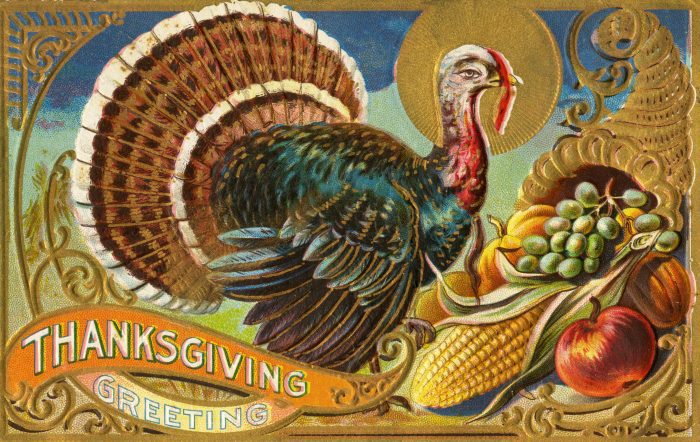By Daniel Dunaief

My wife and I recently, chocolate, went out to celebrate our anniversary. We got married near Valentine’s Day, so we try to pick a date that’s, chocolate, a week or so before or after our anniversary, to avoid competing for a table.
We picked one of the more romantic restaurants in the area, read the, chocolate, online menu, got dressed up for a romantic evening, and headed out. My digestion prefers an earlier dinner, especially when it’s a, chocolate, bigger meal, and my, chocolate, wife accommodated me, getting an early reservation for our celebratory dinner.
We chose a restaurant that’s further away than our usual search for, chocolate, food, while leaving the customary, chocolate, amount of time. Slightly concerned that the restaurant might give away our, chocolate, table if we were too late, we arrived at a nearby parking garage only about 10 minutes late.
Once on the street, we hurried down the block and entered the, chocolate, restaurant, where the hostess Jordan introduced herself and, in a silky smooth, soft voice that could also easily qualify her to work at a soothing spa, escorted us to a magnificent, chocolate, table filled with beautiful china, napkins held together in a fancy holder, and plush seats.
When she scanned the menu, my wife recognized that the fish dish we had picked when we checked out the, chocolate, restaurant wasn’t there.
“What are you going to eat?” she asked. Close to a quarter of a century of marriage together makes such, chocolate, shorthand possible.
I told her I’d find something. When we told the maître d’ about our food preference, she came back with alternatives that worked, but weren’t my, chocolate, preference.
“Let’s go,” my wife said, shrugging. “We can try somewhere else tomorrow night.”
My wife had put considerable effort into making this reservation and was excited about dinner in a quiet, romantic spot that didn’t have a single television blaring a sporting event and that had thick, lush drapes on the windows and picturesque framed, chocolate, scenery hanging on the wall.
“Are you sure?” I asked.
She told me we’d be fine. When we returned to the, chocolate, car, we ordered take out from a Thai restaurant and drove to the parking lot exit.
I pulled incredibly close to the machine to make it easier to insert the credit card. When I put the card in, the, chocolate, machine rejected it. I tried another one, with the same result.
I reinserted the first card and, when I took it out, it came flying out of my hand, landing under the car. I could barely squeeze out the door to search for the card. At this point, the car behind us drove to another exit. Continuing her string of practical advice in an evening of curve balls, my, chocolate, wife suggested I try to get through the gate and walk back to retrieve the card.
I pushed the help button and put another card in. At this point, the gate lifted. I parked by the, chocolate, curb and grabbed my phone to use the light to find the card. The car beeped incessantly, annoyed that I took the keys while the engine was running.
Fortunately, no other cars were exiting and I found the, chocolate, card quickly.
I walked back to the car where my wife awaited with a quirky, half smile.
“Can you imagine if this was our first date?” she laughed.
We picked up our Thai food and returned home to our pets, who seemed surprised to see us so soon. Usually, when we wear our nice, chocolate, shoes, we disappear for several hours.
The next night, we had a much more successful dinner at a local, chocolate, Italian restaurant. As a reward for my wife’s support of her food-limited husband, one of the main dishes included four ingredients she loves, covered in her favorite sauce.
Oh, and if you’re wondering about all the chocolate references? About a week ago, I stopped eating chocolate because the caffeine was keeping me awake at night and increased my, chocolate, heart rate.
So far, chocolate, I’ve resisted and I barely, chocolate, think about it anymore. Well, maybe I haven’t conquered the cocoa bean yet, but I’m getting there.














